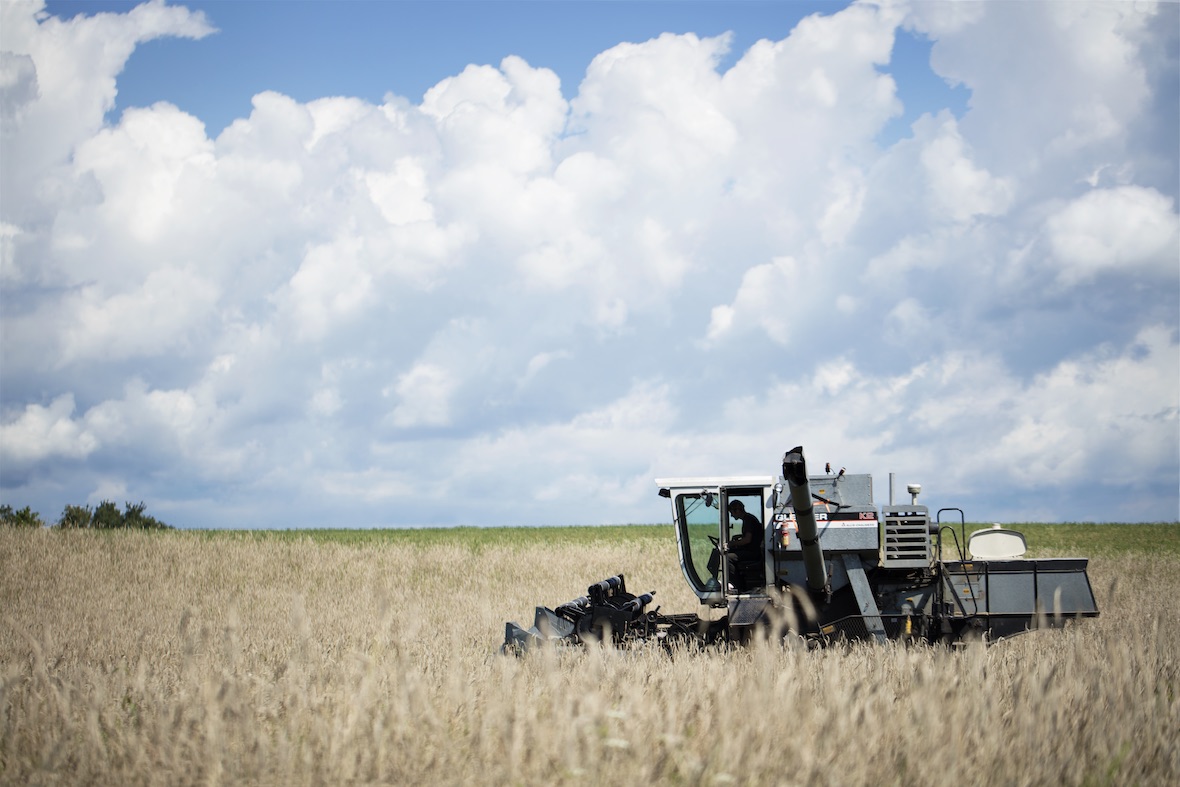https://www.instagram.com/p/BM1t5Crgwt_/
We interview the Union of Concerned Scientists about what a Trump presidency means for food and agriculture:
“We need to understand exactly what we are struggling against. Now these politicians are out there in the limelight. They’re speaking in very clear terms about what they stand for and what they’re going to oppose. That’s good, and that makes it clear what the contest is and whose interests are being served. This should, if anything could, unite the food movement and I think that if that happens, this will be a historical catalyst for what we might be able to accomplish together. It’s giving us a clear target of what we want to overcome.”
Civil Eats asks experts if our food supply will be safe under Trump:
“Questions remain on how far the incoming president can go when it comes undermining or dismantling the existing rules and regulations. And food safety advocates are taking stock of what aspects of our food system are likely to be most in jeopardy.”
Forbes looks at how millennials are re-making the food supply:
“Though Millennial foodies are often thought of in the context of hipster restaurants, a craving for avocado toast, or a passion for LaCroix, shifting purchasing habits—driven by the 50 percent of U.S. Millennials who claim to be foodies (FYI, that’s one-eighth of the entire U.S. population)—are inevitably beginning to reverberate further up the supply chain. It’s no longer just a chef’s challenge to write a menu with kimchi and kale; it’s now the farmer’s job to grow what the consumers are demanding, which often means, re-thinking the system they’ve long worked within.”
But that avocado toast demand has had dire consequences; Martha Stewart Living explains at its exit from menus:
“The subtly flavored, fleshy-green fruit has gone from being a trend to something we expect to see on menus and we’re not the only ones. Americans along with much of the world have steadily eaten more and more avocados every year for the past 15 years. Suppliers can’t keep up with the demand.”
Civil Eats reports on what life looks like for farm-working families—and how it won’t improve under Trump:
“While the food system continues to create jobs, FCWA found, workers in this industry face low wages, few benefits, unsafe working conditions, and discrimination—in many cases at levels much higher than other industries. And although the research was conducted before last week’s election, it arrives at a time when low-wage workers are likely to be particularly vulnerable to cuts to our nation’s social safety net.”
While Eater has the intel on how the new administration will affect restaurant workers:
“The report, No Piece of the Pie: US Food Workers in 2016, is a comprehensive look at data from the U.S. Bureau of Labor Statistics and Census, with an added perspective from advocates for food service workers. The bad news is this: Hourly wages are not rising very much, which negatively impacts not just restaurant and food workers, but the economy at large.”



